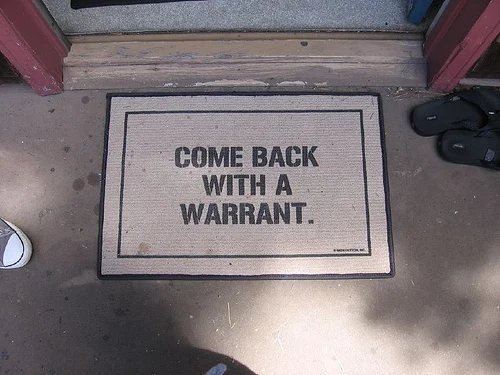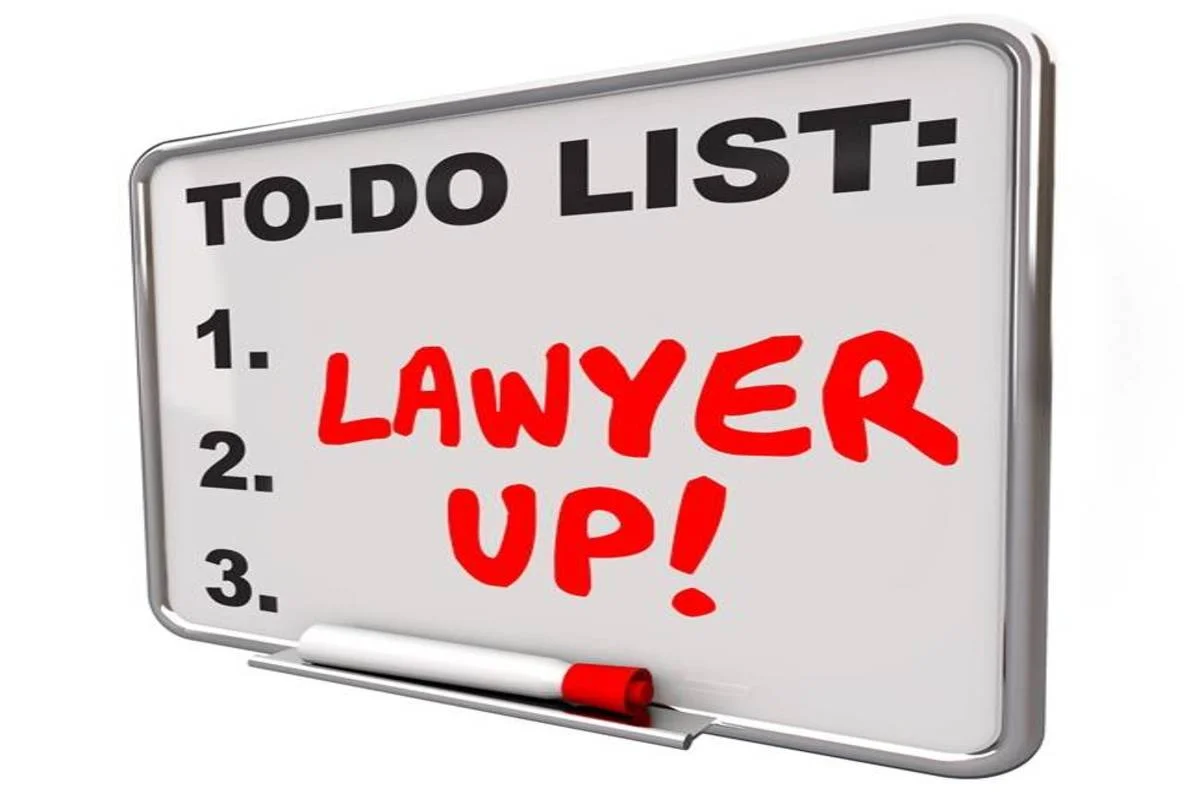The key to protecting your rights as much as possible at a traffic stop are: Don’t answer questions other than name, and to provide license, insurance, and registration. Ask for an attorney if the officer continues to ask other questions. Decline any search without a warrant. Ask why you were stopped. Otherwise, as always, REMAIN SILENT.
Viewing entries in
Criminal Law
Generally, law enforcement need a warrant to enter a residence to search and seize items that may be evidence. This article sets out what to do when faced with Police at your door, and the various circumstances they may enter your home.
A recent article by the Washington Post reports that a Texas Judge ordered a Defendant to be shocked by a shock belt that delivered an 8 second 50,000 volt jolt to the Defendant when the Defendant didn’t answer questions in a manner that was acceptable to the judge. A Texas court of appeals has reversed the man’s conviction.
The professor makes sure to point out the United States Supreme Court case that allows your right to remain silent against you unless you specifically, and properly, invoke the right to remain silent. He takes a well thought out approach and offers a great plan of stating your name, and saying simply that you want a lawyer. Saying that you want a lawyer ends any interrogation, creating a situation where you don’t have to say your remaining silent in the first place and taking the power away from the police.





